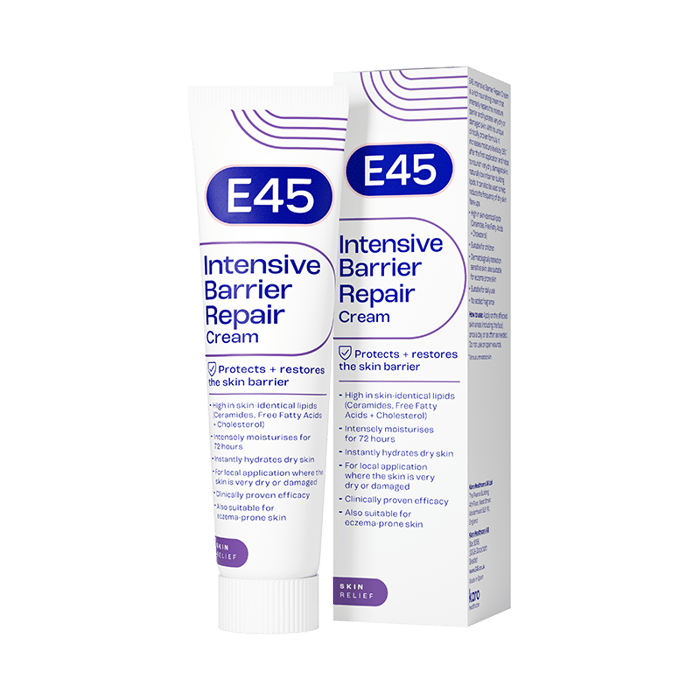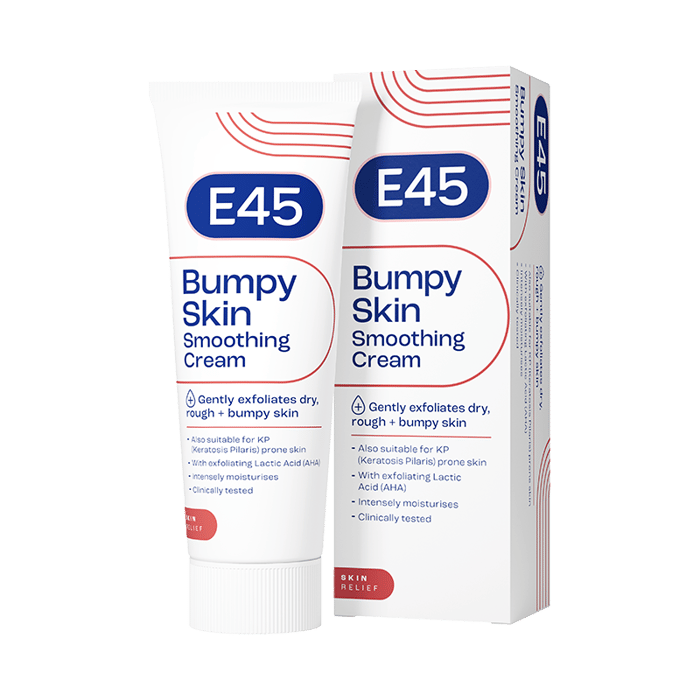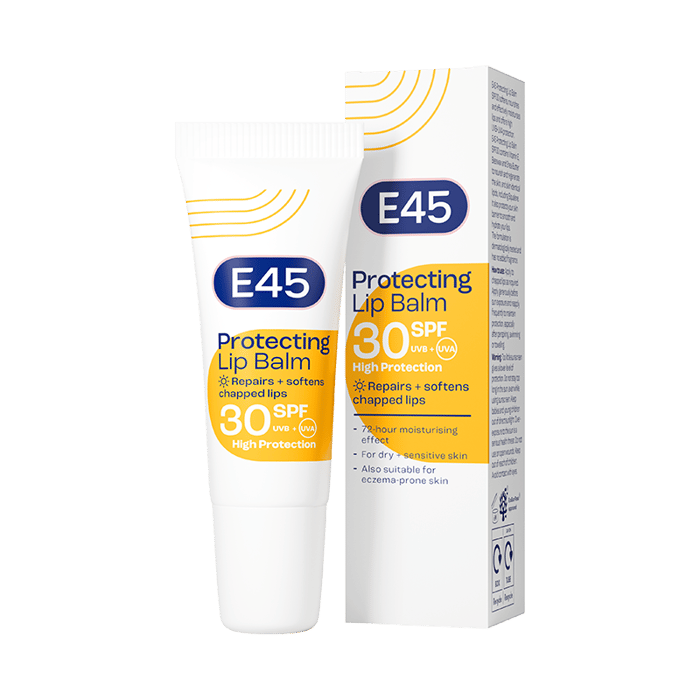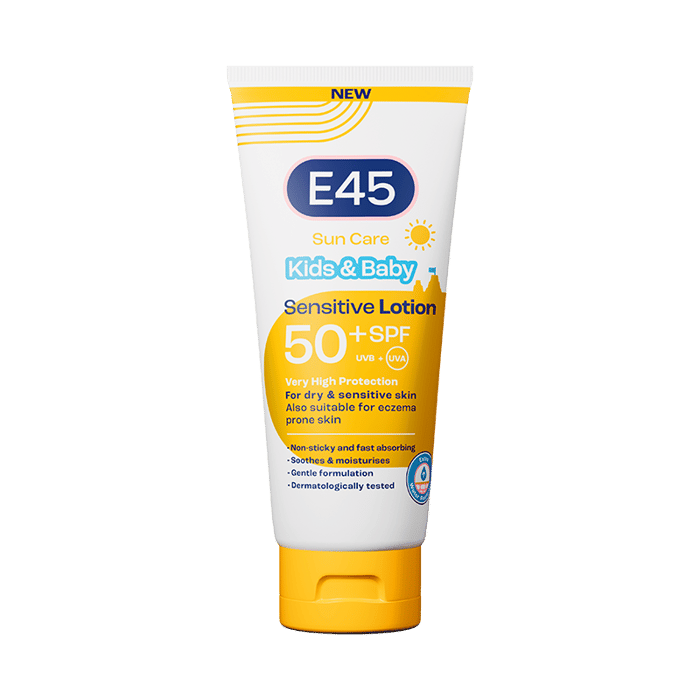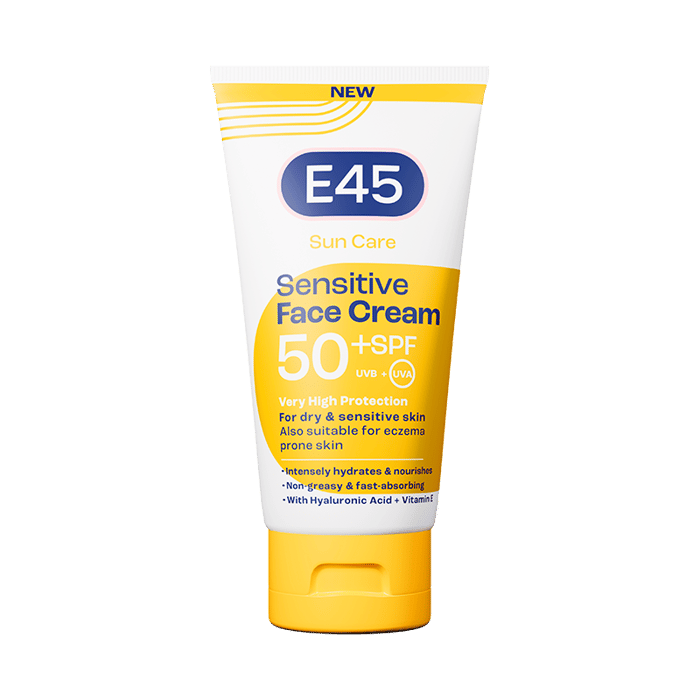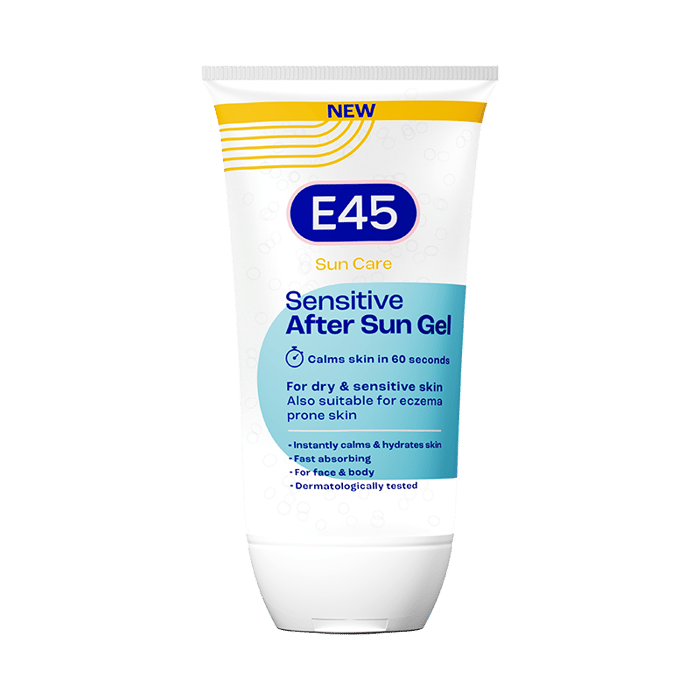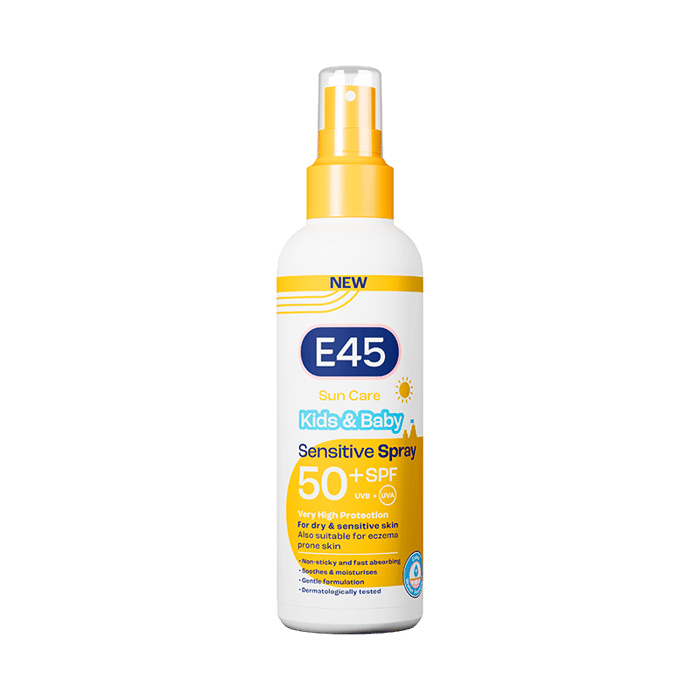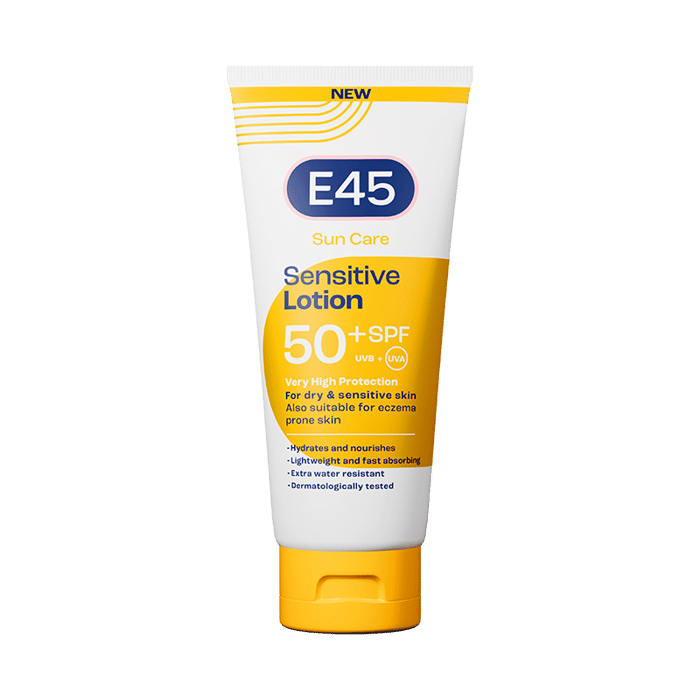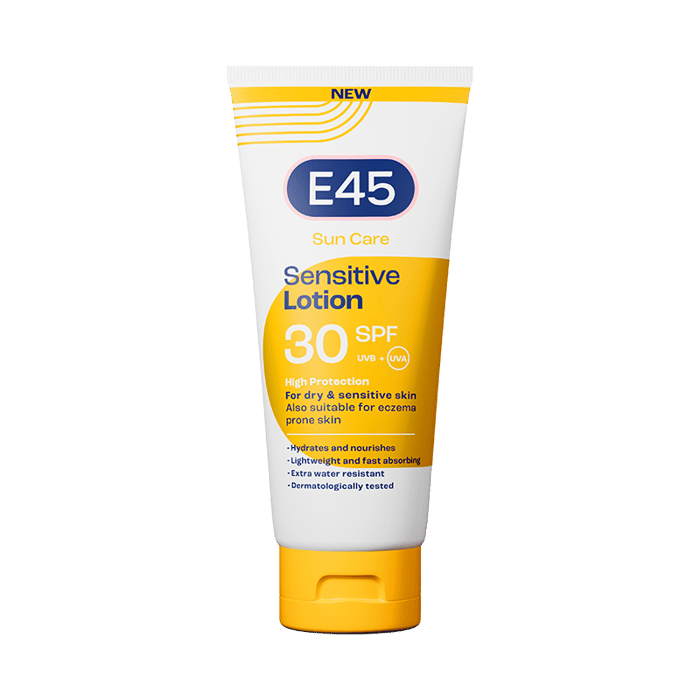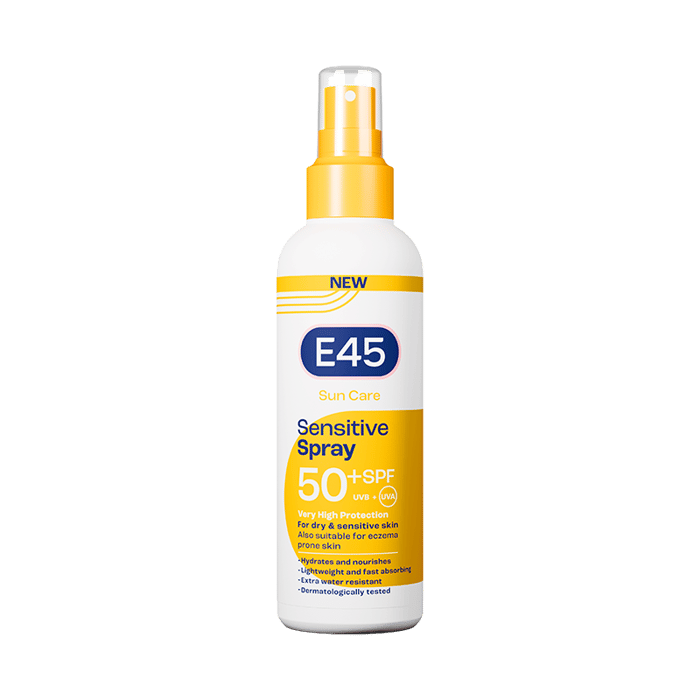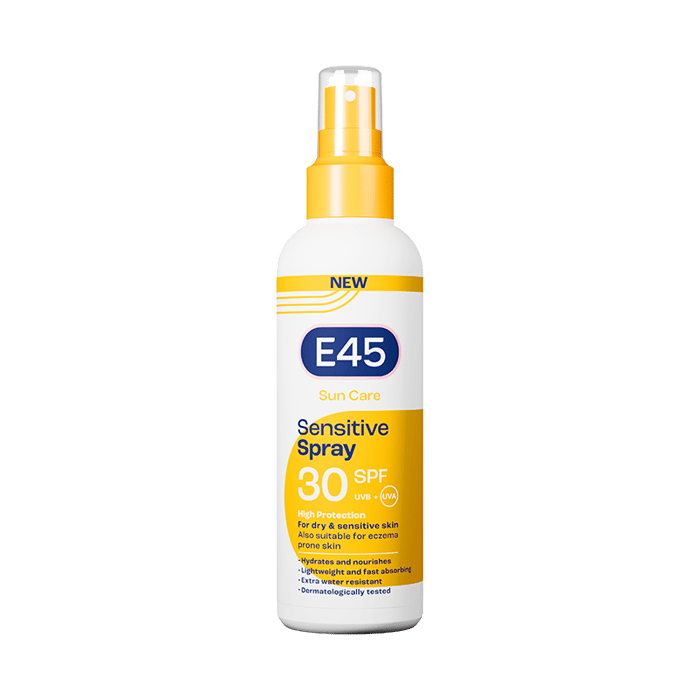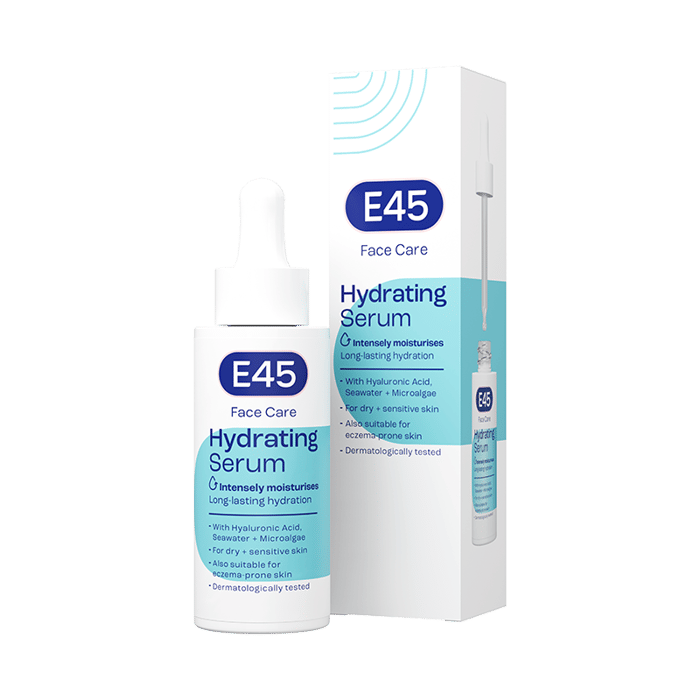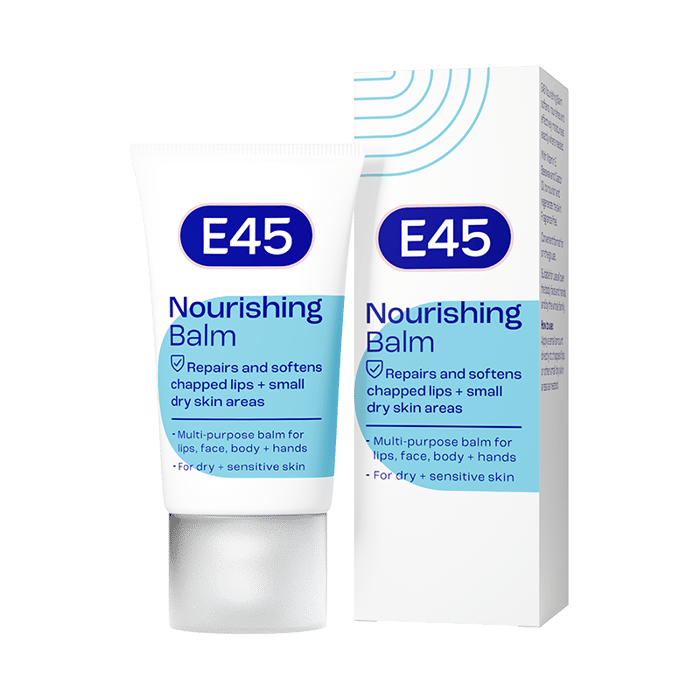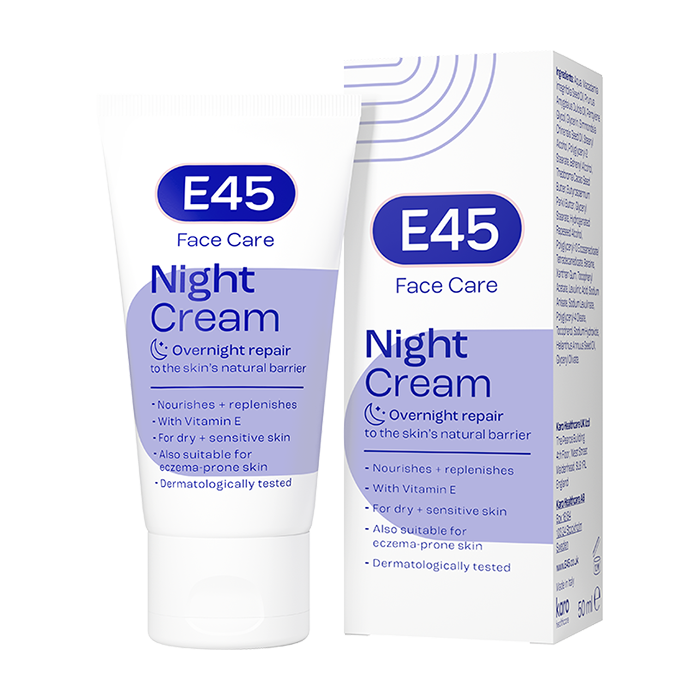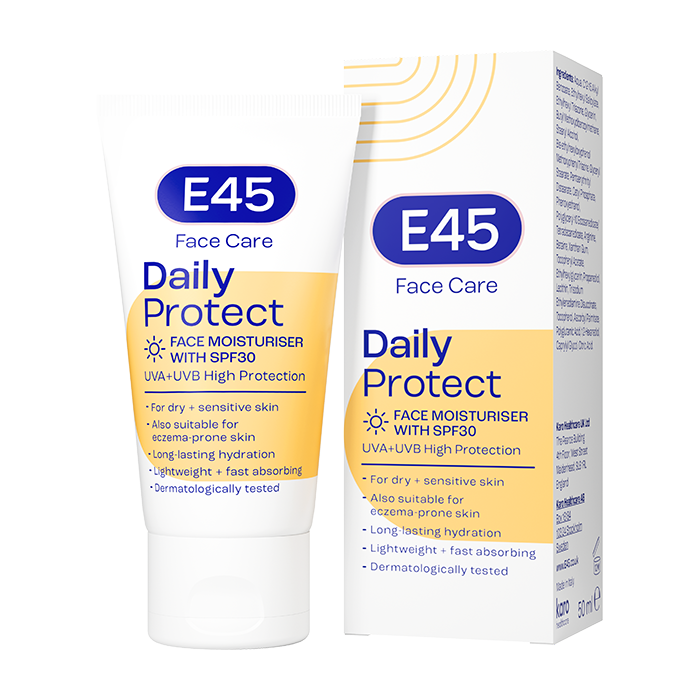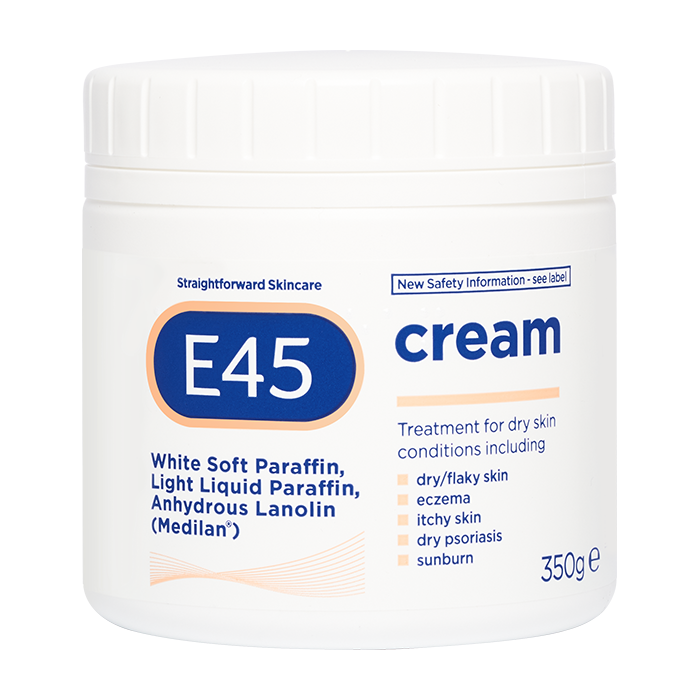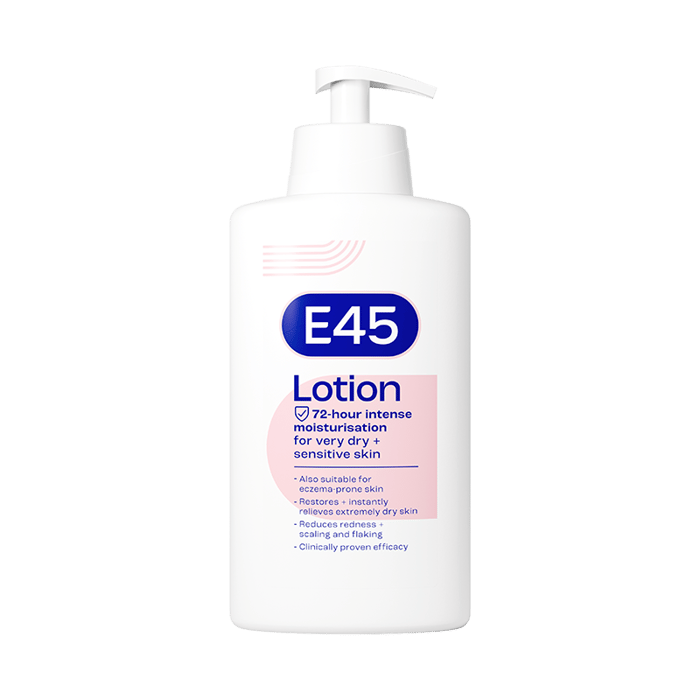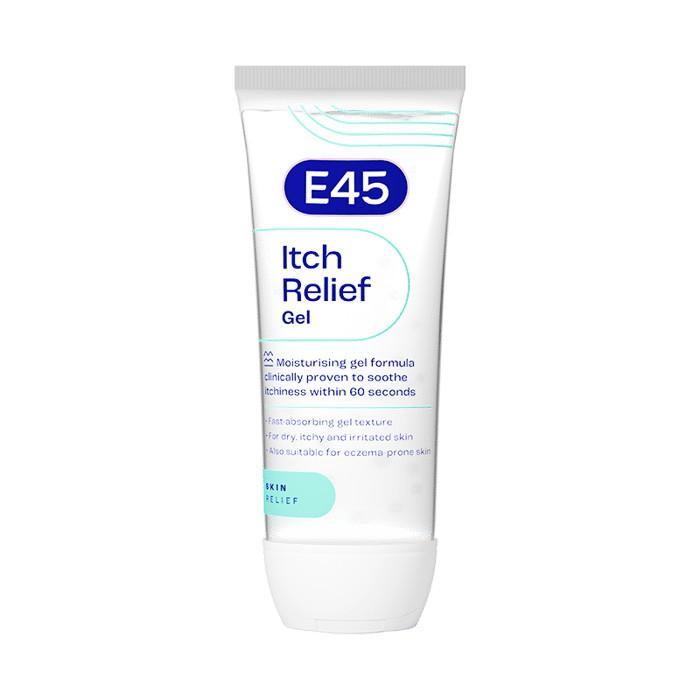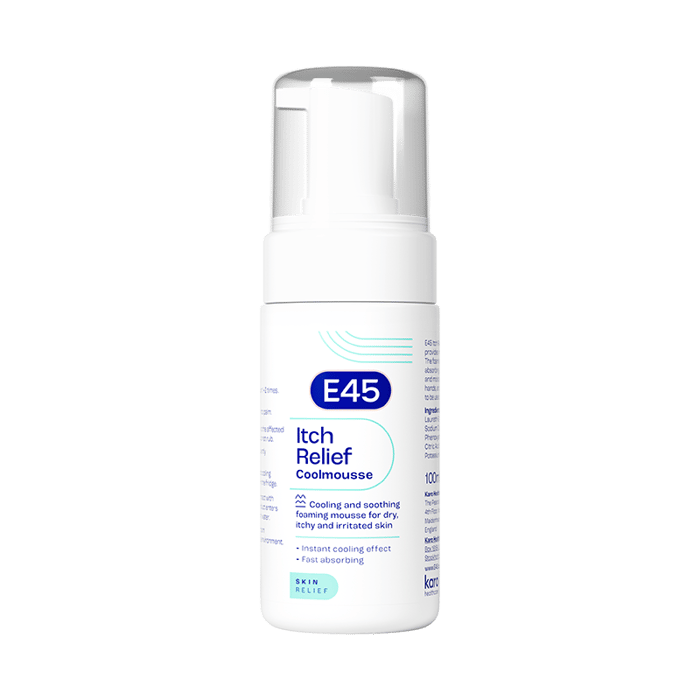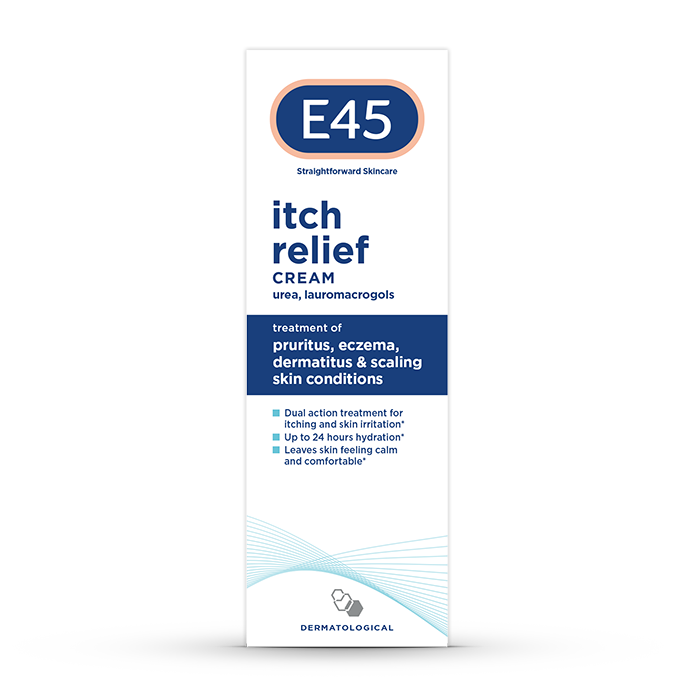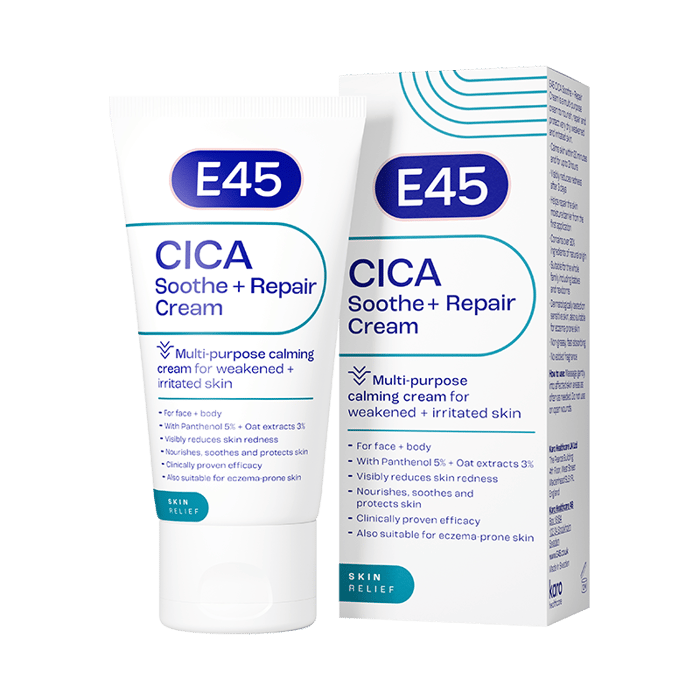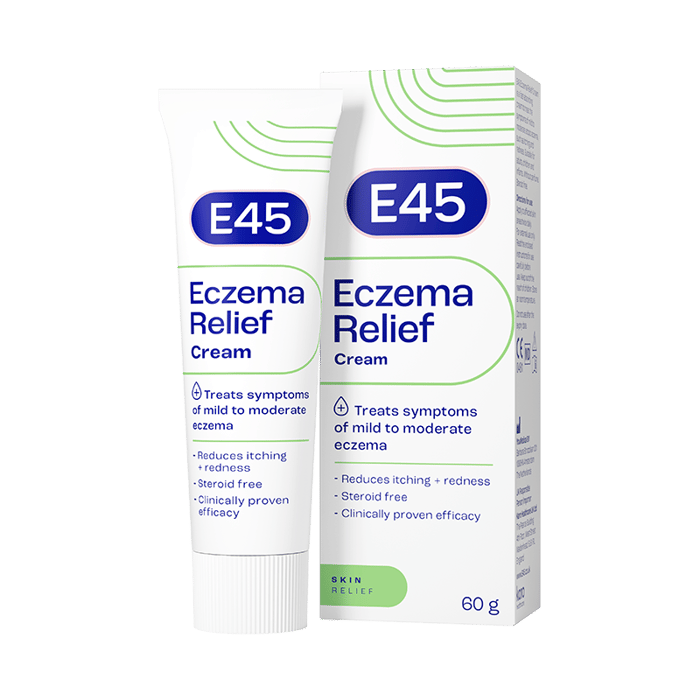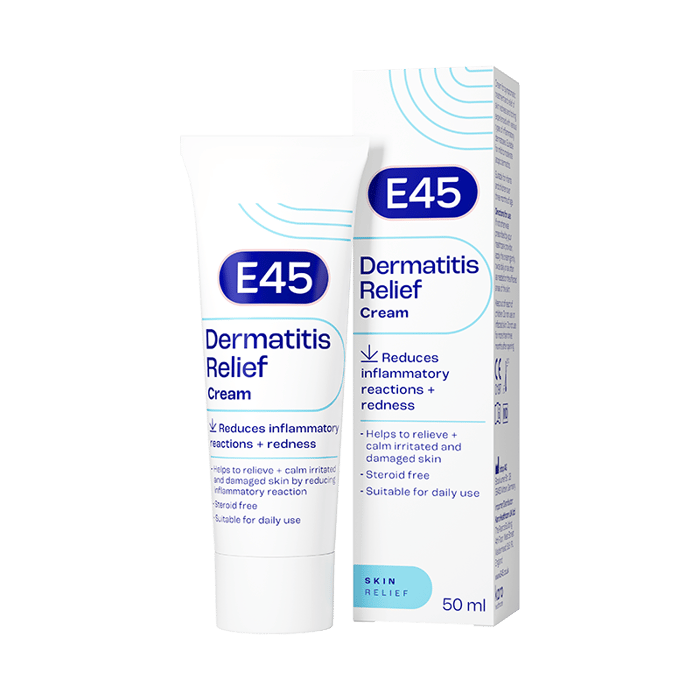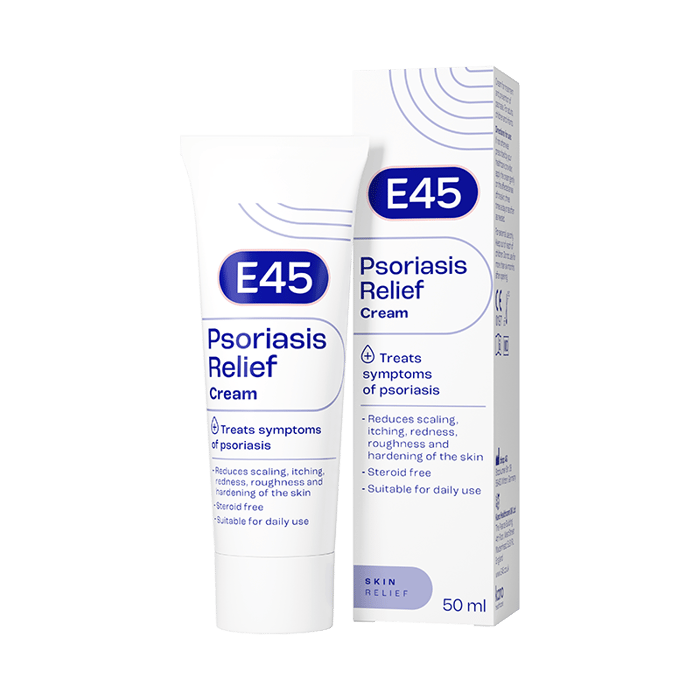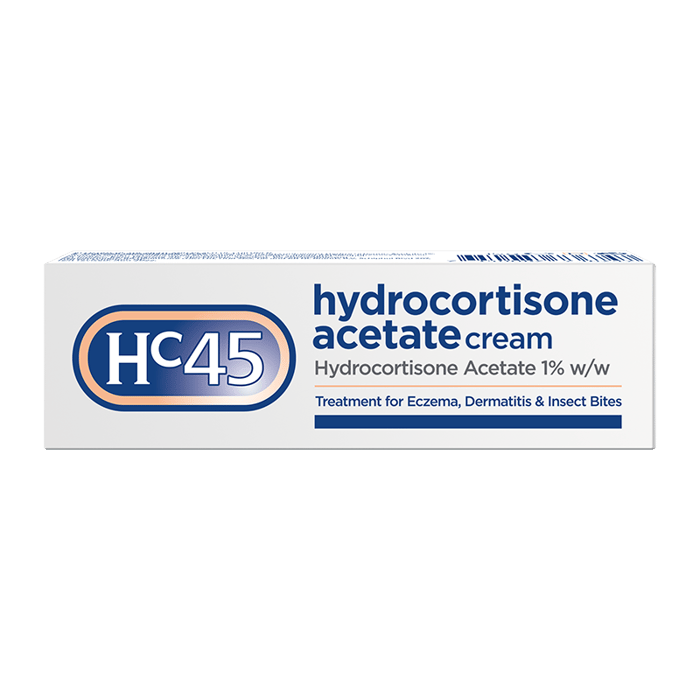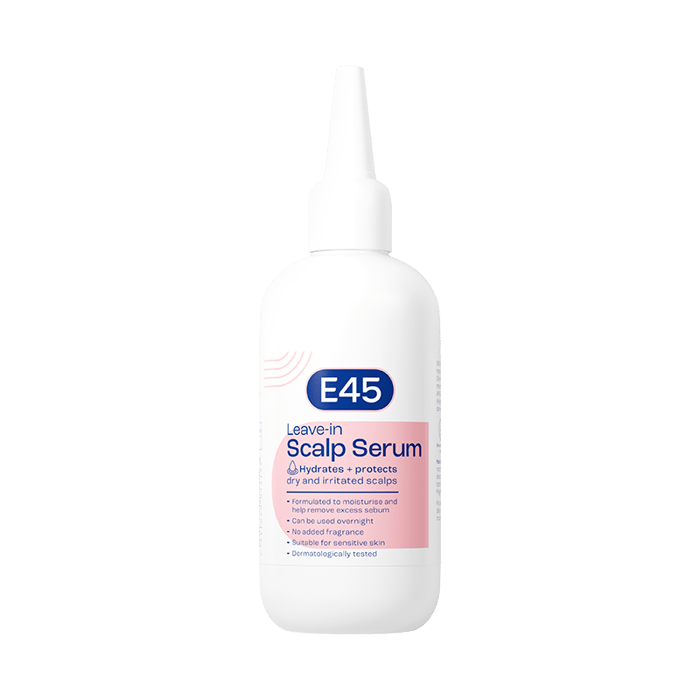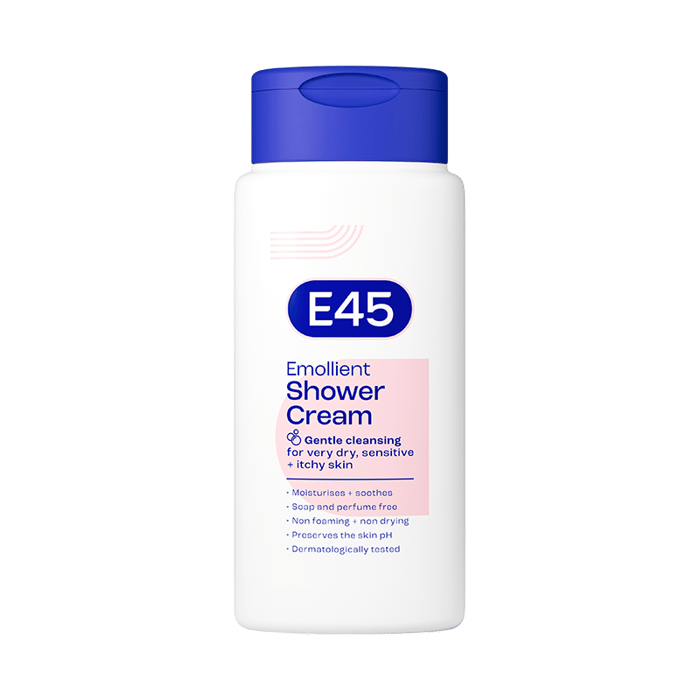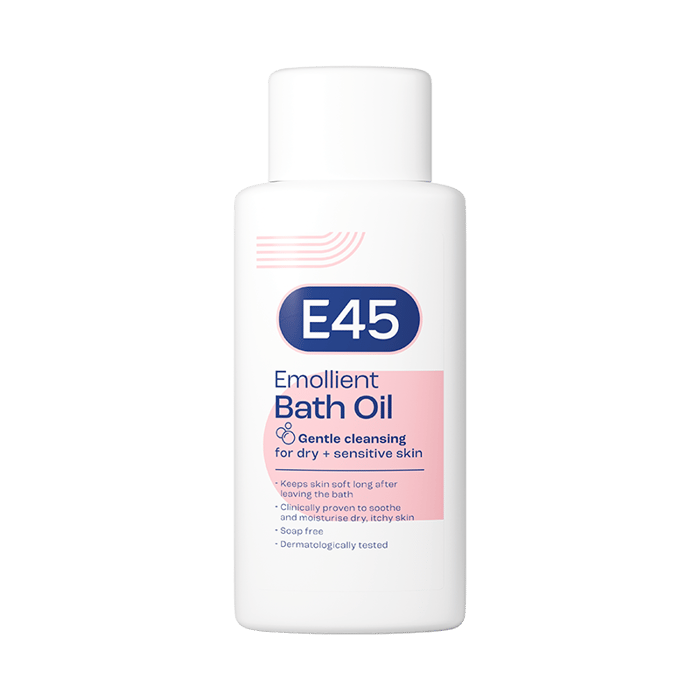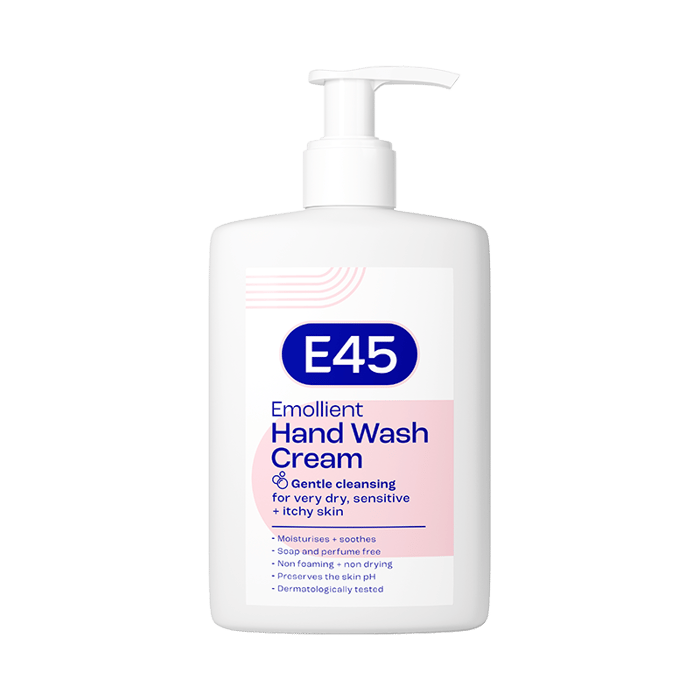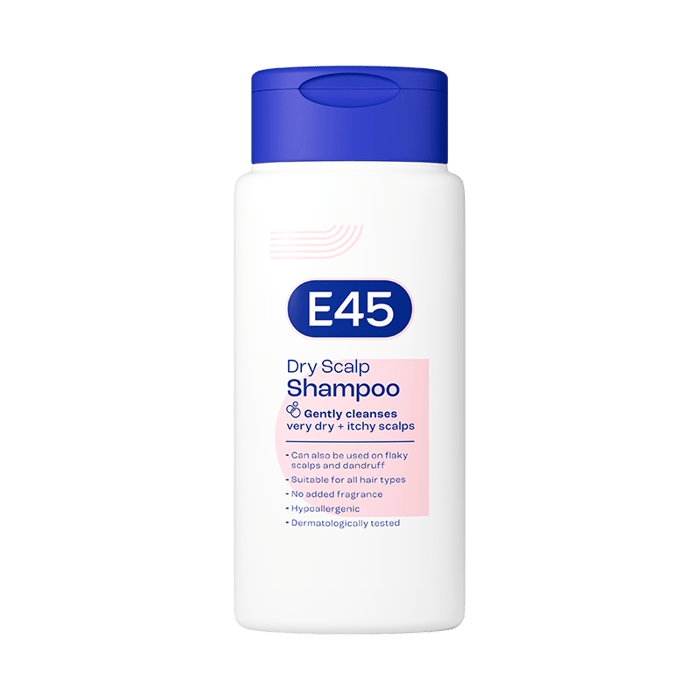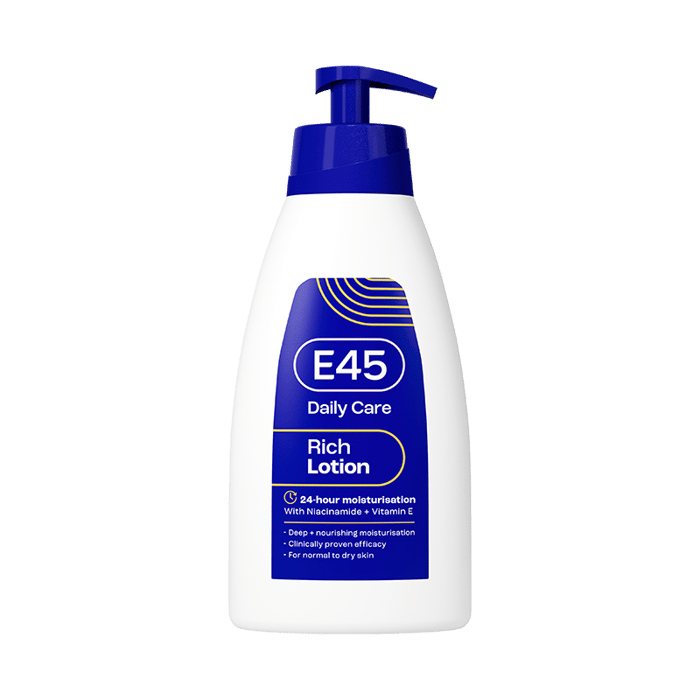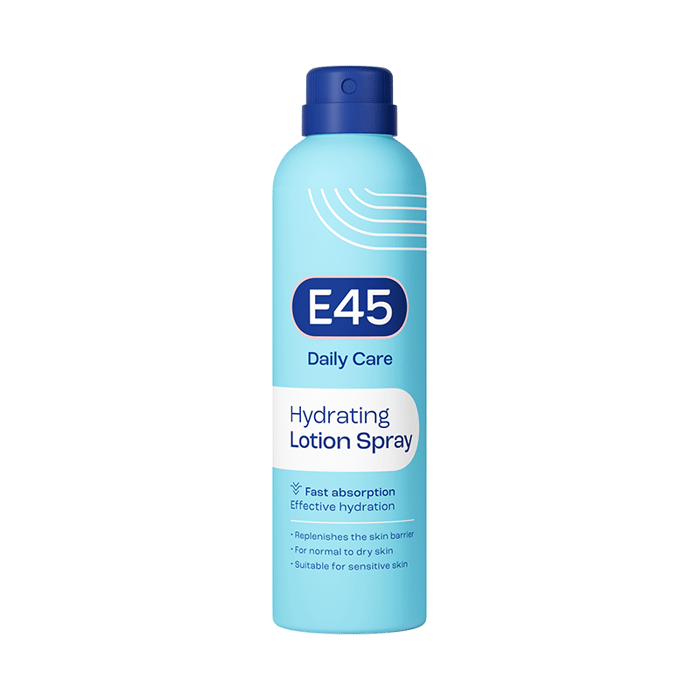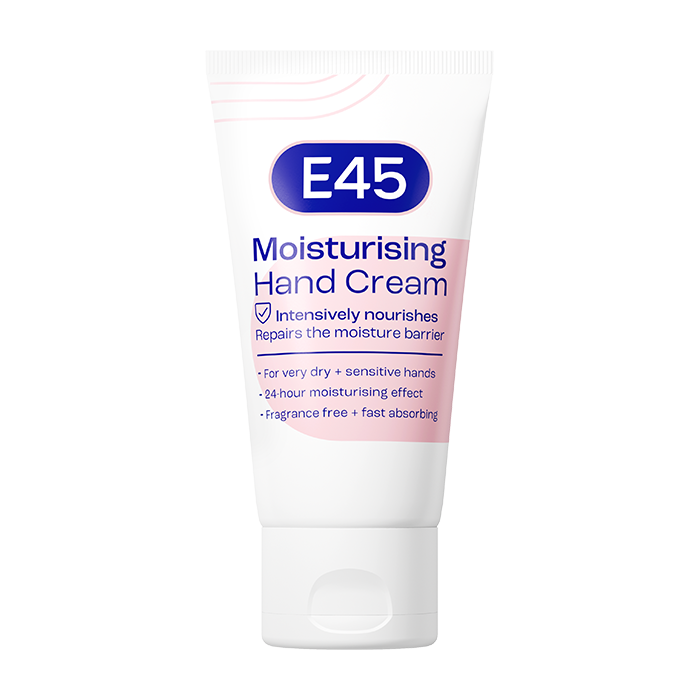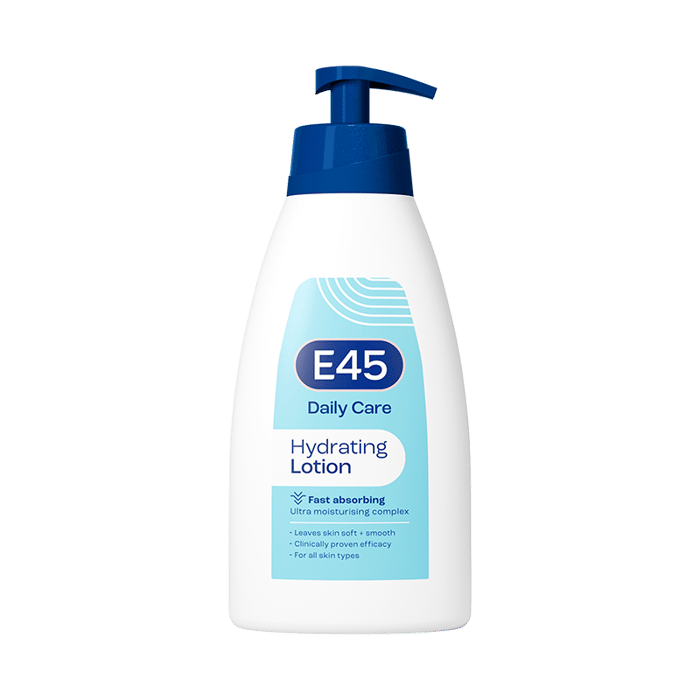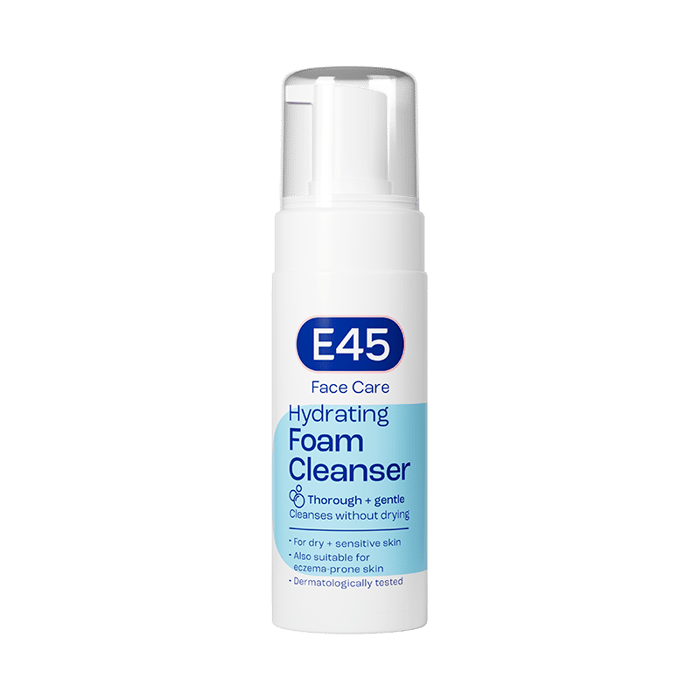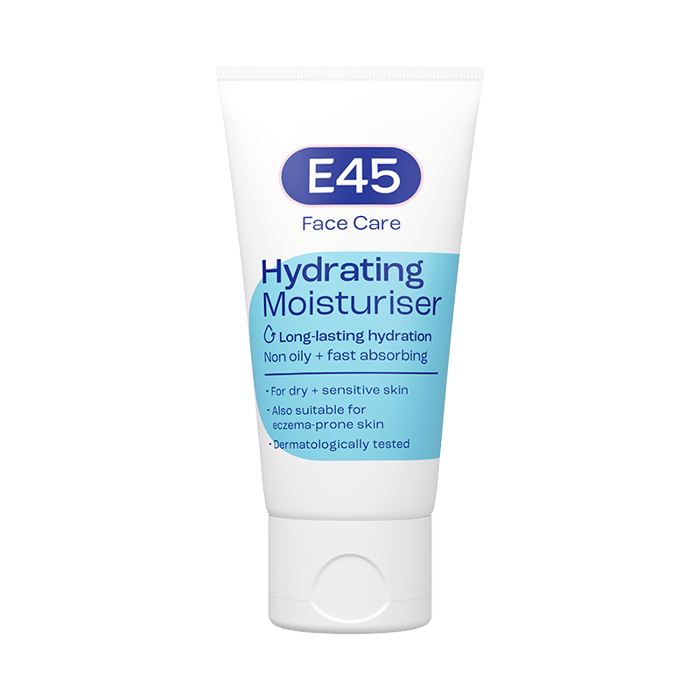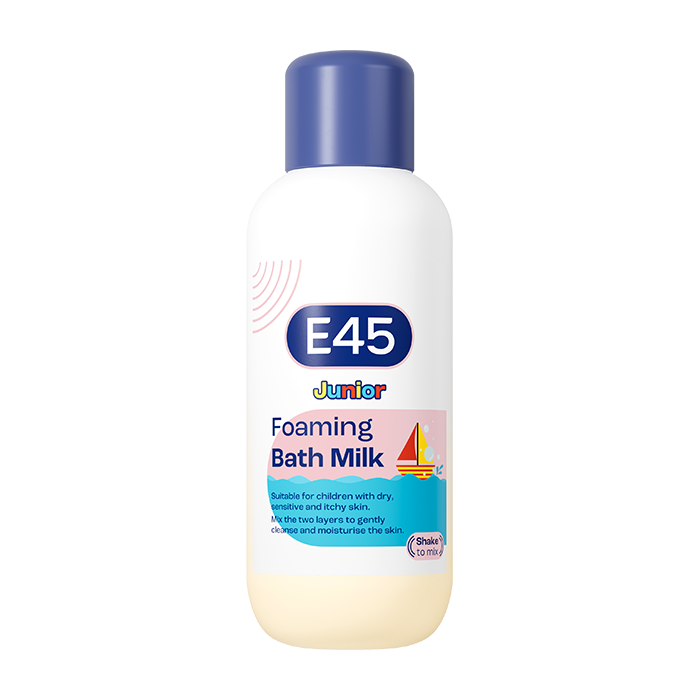Scalp eczema: Causes, symptoms & how to care for your scalp
Scalp eczema can cause red, itchy, flaky skin on the head that often feels uncomfortable and sometimes even sore. If you’ve noticed persistent dandruff, irritation, or greasy patches, you might be dealing with eczema on the scalp. This condition is quite common and can affect anyone at any age.
This guide explores what scalp eczema is, what might trigger it, how it’s managed, and gentle ways to care for your scalp at home.
What is scalp eczema?
Scalp eczema, sometimes called dermatitis on the scalp, is a form of inflammation that affects the skin beneath the hair. It often shows up as dry, scaly or greasy patches, redness, and persistent itching. The most common type is seborrhoeic dermatitis, which tends to appear on the scalp, face, and around the ears (Source).
This type of eczema is linked to an overgrowth of a natural yeast called Malassezia that lives on the skin, along with the skin’s own oils. It’s not a sign of poor hygiene, but certain factors — like stress, hormonal changes, or cold weather — can make it worse.
Other forms of eczema that may affect the scalp include:
- Contact dermatitis – caused by irritation or allergy to hair care products, dyes, or shampoo ingredients.
- Atopic dermatitis – more common in babies, children and those with other allergies.
Symptoms of scalp eczema
Scalp eczema can look and feel different from person to person, but some common symptoms include:
- Redness and inflammation: Red patches on the scalp that appear irritated may be a sign of eczema. On darker skin tones, these patches may look lighter or darker than the surrounding skin.
- Dry, scaly or greasy patches: Flaky skin that may be white, yellowish or greasy. These flakes can resemble dandruff but often cover inflamed skin underneath.
- Itching and irritation: A dry, itchy scalp can be one of the most uncomfortable parts of scalp eczema. Scratching may make the area sore or increase the risk of infection.
- Dandruff: Many people notice visible flakes on clothing or hair, often linked to seborrhoeic dermatitis.
- Blisters or oozing: During flare-ups, some areas can become weepy or form small crusts.
- Hair loss: In more persistent cases, scratching or inflammation can lead to temporary hair thinning.
If your scalp feels persistently sore or itchy, or you’re unsure what’s causing the irritation, it can be helpful to speak to a pharmacist or GP.
What triggers eczema on the scalp?
The exact cause of scalp eczema isn’t always clear, but several factors can play a role in flare-ups.
Yeast and natural oils
Seborrhoeic dermatitis is linked to an overgrowth of the Malassezia yeast. This yeast thrives in oily areas, breaking down sebum into substances that can irritate the skin.
Stress and hormonal changes
Emotional or physical stress can make eczema symptoms worse, and hormonal fluctuations may contribute too.
Harsh hair products
Fragrances, alcohol and harsh ingredients like sodium lauryl sulphate (SLS) can dry out or irritate the scalp (Source).
Environmental triggers
Cold, dry weather and sudden temperature changes can make symptoms more noticeable. For some people, eczema symptoms can become worse with sun exposure.
Other skin conditions
Psoriasis, fungal infections and allergic reactions can look similar to eczema, which is why diagnosis by a professional can be useful if over-the-counter products haven’t helped.
How do you get rid of scalp eczema?
There’s no permanent cure for scalp eczema, but it can be managed effectively with the right care and routine.
Caring for scalp eczema at home
For milder symptoms, gentle at-home care can often help soothe the scalp and prevent eczema flare-ups on the head.
1. Use a soft brush and mild, fragrance-free shampoo
When caring for eczema in the hair, it helps to wash gently and use a soft brush to avoid irritation. Look for gentle cleansers that are suitable for sensitive skin and avoid SLS or added fragrance.
2. Moisturise the scalp
Using an emollient or light medicated oil can help soften scales and support the skin barrier. Products like the E45 Eczema Repair Cream are formulated to treat the symptoms of eczema and maintain hydration.
3. Avoid scratching
It might be tempting, but scratching can worsen inflammation and increase the risk of infection. Try items from the E45 Itch Relief range to ease the discomfort of itchy skin.
4. Gently remove flakes
Before washing, apply an emollient to loosen flakes, then use a soft brush or fingertips to lift them gently.
5. Rinse with warm, not hot, water
Hot water can strip oils from the scalp and make dryness worse.
6. Manage stress levels
Relaxation techniques such as gentle exercise, deep breathing or mindfulness can help reduce flare frequency.
If you’d like more information on creating a gentle skincare routine, visit our guide to a sensitive skincare routine.
What you might discuss with a healthcare professional
If symptoms are persistent or severe, your GP or dermatologist may suggest:
- Medicated shampoos containing antifungal ingredients such as ketoconazole, selenium sulphide or zinc pyrithione. These help to reduce yeast and scaling.
- Topical corticosteroids (lotions, gels, or mousses) for short-term relief of inflammation.
- Antifungal creams or foams if the yeast overgrowth is more widespread.
These scalp eczema treatments should be used under medical supervision, especially for ongoing or recurring cases.
How long does scalp eczema last?
Flare-ups can last a few days to several weeks, depending on the cause and how it’s managed. With regular care and avoidance of triggers, symptoms can often be kept under control long term.
When to see a doctor
It can be helpful to speak to a healthcare professional if:
- You’re unsure whether you have scalp eczema, psoriasis or another skin condition.
- Symptoms don’t improve after using gentle shampoos or emollients.
- The skin becomes painful, weepy, or infected.
- You experience frequent flare-ups that affect your daily comfort.
Professionals can help rule out other conditions and discuss suitable medical treatments where needed.
Conclusion
Scalp eczema is common and manageable. Understanding your triggers, using gentle products, and maintaining a soothing routine can help you feel more comfortable. With regular care and the right support, flare-ups can become less frequent and easier to manage.
- Cracks or splits that do not heal.
- Signs of infection, such as spreading redness or pain.
- Dry, cracked hands that interfere with daily life.
A professional can check for conditions such as eczema or dermatitis and discuss further options.
FAQs about scalp eczema
Can you get eczema on your scalp?
Yes, eczema can affect the scalp. It often appears as itchy, red, flaky skin and is commonly caused by seborrhoeic dermatitis.
How to treat eczema on the scalp?
Scalp eczema treatments depend on the cause. Many people benefit from gentle shampoos, emollients and avoiding irritants. A healthcare professional may recommend medicated shampoos or lotions if needed.
How to cure scalp eczema?
There’s no cure, but with the right care, it can be well controlled. Managing triggers and keeping the scalp clean and moisturised can reduce flare-ups.
What causes eczema in the scalp?
Scalp eczema is often linked to yeast overgrowth, stress, harsh products or other skin conditions like psoriasis.
Can eczema on the scalp cause hair loss?
Occasionally, scratching or inflammation may lead to temporary hair thinning, but the hair usually regrows once the scalp heals.
Does coconut oil help eczema on the scalp?
Some people find coconut oil soothing due to its moisturising properties, but it can also trigger irritation for others. It’s best to test a small area first or discuss with a pharmacist.
Sources
eczema.org/information-and-advice/types-of-eczema/scalp-eczema/
www.bad.org.uk/pils/seborrhoeic-dermatitis
www.gloshospitals.nhs.uk/your-visit/patient-information-leaflets/hair-care-for-eczema-of-the-scalp
Scalp Treatments, Patient Information, NHS, Tayside
southwest.devonformularyguidance.nhs.uk/formulary/chapters/13-skin/seborrhoeic-dermatitis
www.bad.org.uk/pils/atopic-eczema
www.pcds.org.uk/clinical-guidance/seborrhoeic-eczema
eczema.org/wp-content/uploads/Scalp-eczema-Nov-22.pdf

